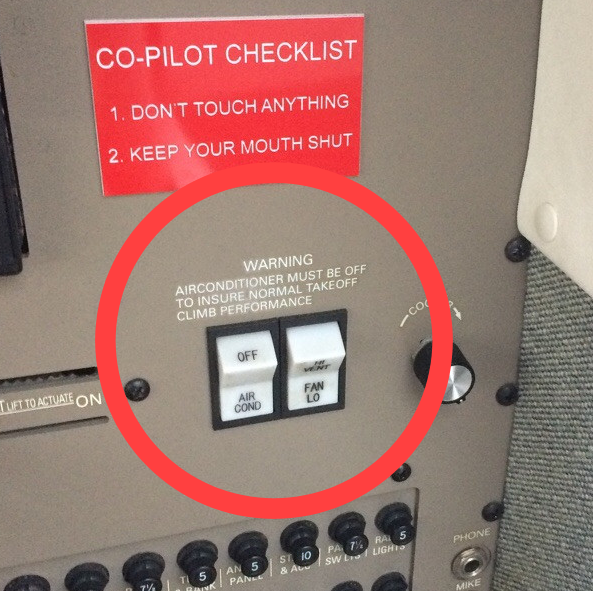That's not necessarily accurate. In California, to be self-insured for automotive liability, you merely have to convince a bond and surety company that you have sufficient assets to satisfy the required claim amount. There's no dedication of assets or set aside required... just a demonstration of net worth. The bond company charges you about 1% of that amount annually for guaranteeing to the state that you'll come through when required. If you've got, say, $10 million in assets, and the required coverage is $60,000... the bond issuer is pretty confident they can derive at least $60,000 in value from your $10 million in assets even if you aren't cooperative for some reason.

